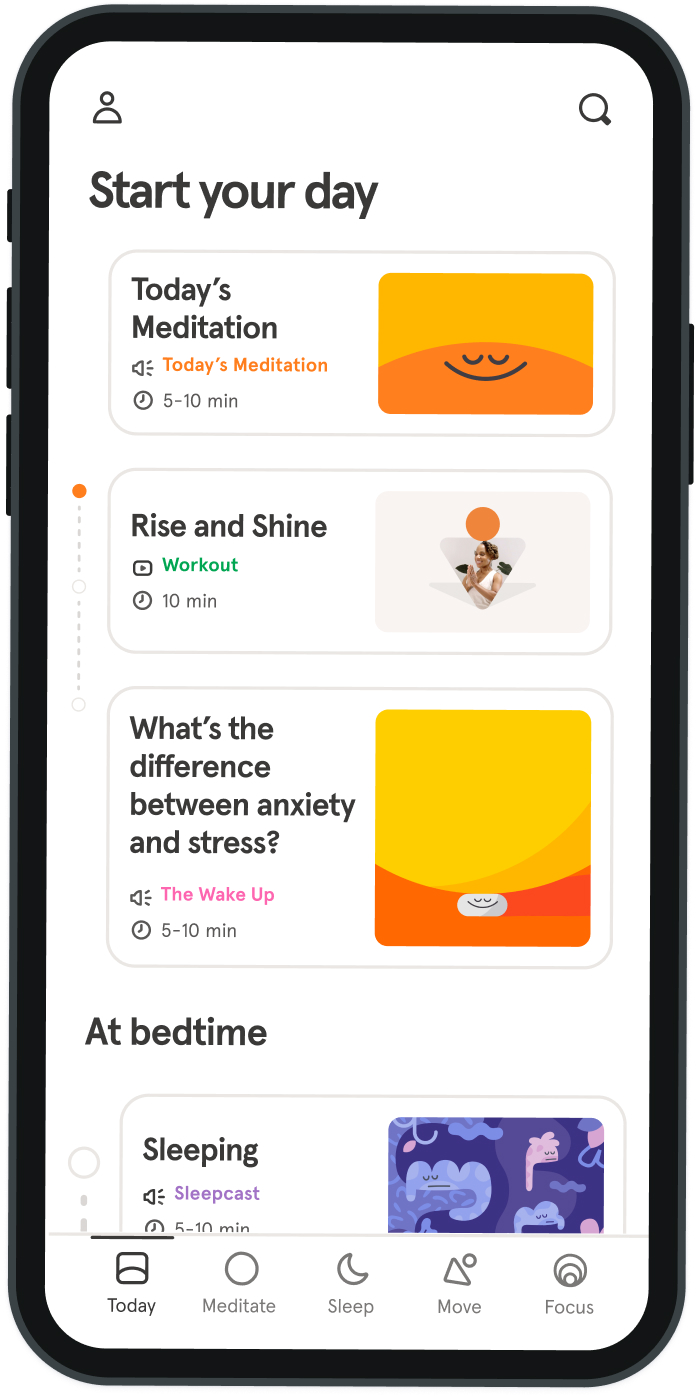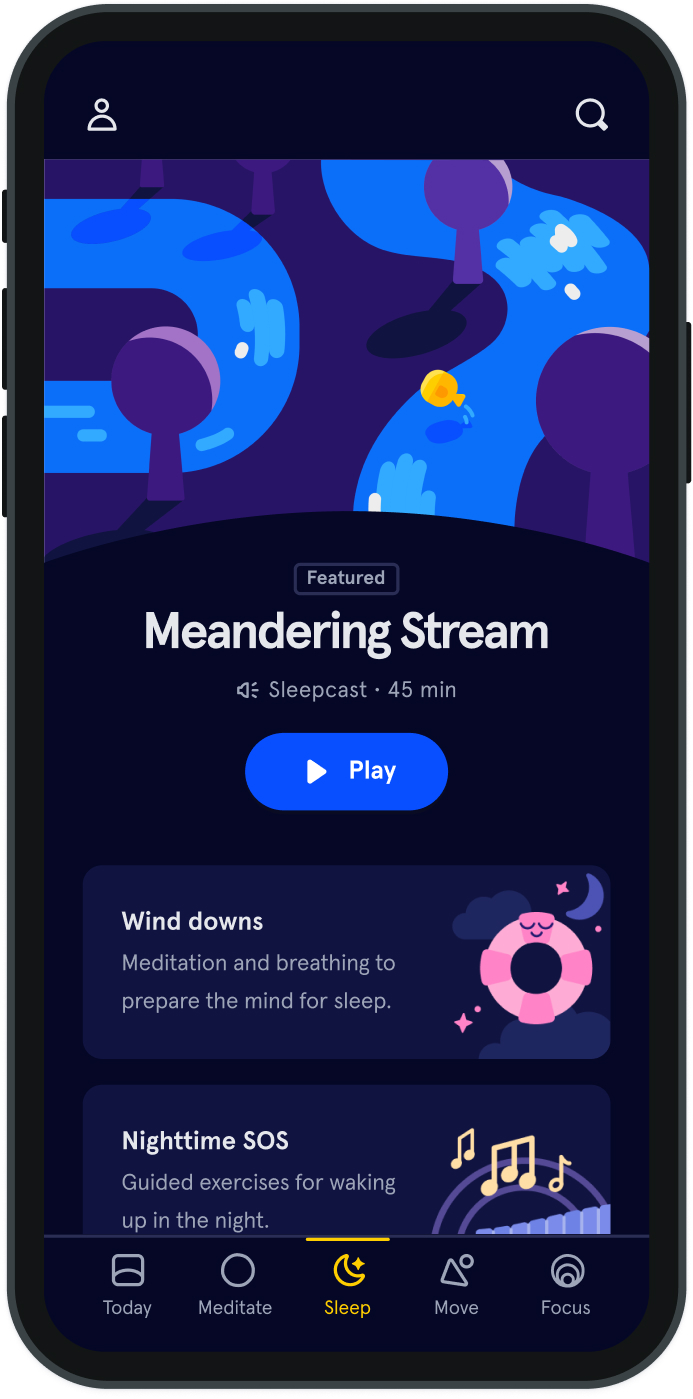When is it OK to be late?
I feel like I spent half my teen years sitting on the steps of my house, coat and shoes on, ready to leave, waiting for my tardy family members to be ready too.
I was always late to school, in trouble and stressed about it. If I missed roll call, I had to report to the office to be marked present, the school grounds and corridors imposingly silent as everyone else was in class. When I was really late, I'd scuttle into assembly in front of my entire grade, head lowered, instantly more visible than the teacher on stage. As an adult, I've got punctuality under complete control. "On time" to me now means "almost late," so I aim to arrive early whether it's to formal appointments, casual meetings or even just to conform to start times I've set for myself. If an event starts at 5 p.m., I'll be there between 4:45 and 4:58, having allowed a buffer for unforeseen delays. At college, I'd make my own pre-deadline deadlines for assignments along with a schedule for meeting them. Even this article was finished four days early. Psychologist Diana DeLonzor, author of "Never Be Late Again," has said that people who are typically late are more optimistic than punctual people. But studies show there are admirable traits that go along with punctuality too, such as conscientiousness (being thorough and deliberate) and agreeableness (being courteous and cooperative). Unfortunately, punctuality also corresponds with neuroticism, which, for me, results in anxiety and the drive to avoid disappointing people or getting in trouble. Far from calmly arriving early everywhere, I go to great lengths to avoid being even a minute late. I'll leave the house without my phone or important documents rather than go back to get them. Even though the buffer I've scheduled in would allow for it, my inflated fear of being late makes me more anxious than the idea of being without the internet or ability to contact anyone all day.
Perhaps my neuroticism explains why I manage anxiety by triple-checking everything and allowing an even longer buffer. A better way, according to Ellen Hendriksen, Ph.D., clinical psychologist and host of the Savvy Psychologist podcast, would be to ask myself what's the worst that can happen? “Often, the answer is 'someone will be annoyed' or 'I'll feel guilty,' which isn't earth-shattering and can usually be mended with a heartfelt apology,” Hendriksen says. “The circumstances don't call for panic—it's not an emergency.” Even if most situations aren’t emergencies, my fear of lateness runs deeper than that. It's not just my fear of negative consequences, as I go out of my way to be early even if no one's expecting me, it's that the lateness itself is tied to childhood associations with being late and negative attention. "An effective step for those who are chronically early is to be deliberately late once, just to experience that it's not the end of the world,” Hendriksen proposes. “It can be empowering to discover that it's not actually a catastrophe—if anyone even notices—and that you can handle it." So, I tried spending a day on a late person’s timetable.
Deliberately being late for daycare doesn’t feel good (though I live in Spain where no one is ever on time.) But still, it disrupts whatever activity the daycare has going on when a kid is dropped off late (fifteen minutes in my case) as children crowd to the door to see who’s arrived. In my case, no one said anything, but I think they would if I made a regular thing of it. Later, I met friends—usually I’m two minutes early and the others range from on time to fifteen minutes late. I took a really long detour to arrive seventeen minutes late and didn’t message anyone to let them know. No one cared or even commented, and I forced myself to not make an over-fussy apology. (Next time I’ll leave without a watch, as I noticed some of the anxiety came from knowing I was late rather than actually being late.) Finally, I decided to accompany my boyfriend to the market when he was almost out the door. In a rush to put my shoes on, I realized I needed to use the bathroom. I caught myself making my typical decision to choose mild discomfort over the thought of making him wait. Instead, I asked if there’s enough time to use the bathroom before we go. He gave me a weird look and said yes. I now recognize, of course, I’m only seeking permission from myself to be late, which feels like a start. Allowing myself to break the rule when no one else is setting it for me feels like a step toward learning to be late, or at least not sitting on the steps, waiting for everyone else.

It can be empowering to discover that being late is not actually a catastrophe.
Nicola Prentis


Be kind to your mind
- Access the full library of 500+ meditations on everything from stress, to resilience, to compassion
- Put your mind to bed with sleep sounds, music, and wind-down exercises
- Make mindfulness a part of your daily routine with tension-releasing workouts, relaxing yoga, Focus music playlists, and more
Meditation and mindfulness for any mind, any mood, any goal

Stay in the loop
Be the first to get updates on our latest content, special offers, and new features.
By signing up, you’re agreeing to receive marketing emails from Headspace. You can unsubscribe at any time. For more details, check out our Privacy Policy.
- © 2025 Headspace Inc.
- Terms & conditions
- Privacy policy
- Consumer Health Data
- Your privacy choices
- CA Privacy Notice
